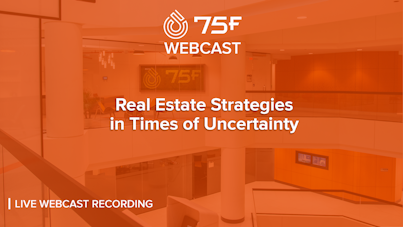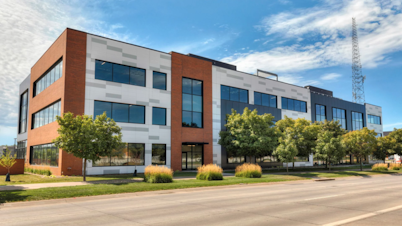
Organizational Security at 75F
In today's digital landscape, safeguarding sensitive information is paramount for organizations worldwide. At 75F, we understand the criticality of organizational security in protecting customer data and ensuring the integrity of our systems. As a leader in IoT-based Building Management Systems (BMS), we have developed a robust security framework called O.R.A.N.G.E to fortify our commitment to data protection. In this blog post, we will delve into the first pillar of O.R.A.N.G.E: Organizational security.
Comprehensive Security Policies and Procedures
At 75F, we have implemented a comprehensive set of security policies and procedures that govern every aspect of our operations. These policies are designed to mitigate risks, ensure compliance with regulatory standards such as SOC 2 compliance and VAPT certification, and protect the confidentiality, integrity, and availability of our systems and data.
Our security policies cover various areas, including access control, data classification and handling, incident response, and employee responsibilities. These policies are regularly reviewed, updated, and communicated to all employees to ensure adherence to the highest security standards.

Employee Training and Awareness Programs
We firmly believe that an organization's security is only as strong as its employees' knowledge and awareness. To that end, 75F conducts regular training and awareness programs to educate our employees about security best practices and emerging threats. By fostering a culture of security awareness, we empower our employees to become active participants in maintaining a secure environment.
Through these programs, our employees gain a deep understanding of security risks, social engineering techniques, and the importance of following security protocols. This knowledge equips them to identify and report potential threats promptly, contributing to the overall vigilance and resilience of our organizational security.
Access Control Measures
To ensure that only authorized personnel have access to sensitive information, we have implemented stringent access control measures. Role-based access controls (RBAC) form the foundation of our access management strategy, allowing us to assign specific permissions and privileges based on an individual's job responsibilities.
Additionally, we employ multi-factor authentication (MFA) mechanisms to add an extra layer of protection. This ensures that even if an unauthorized individual obtains login credentials, they cannot gain access without the secondary authentication factor. By implementing these measures, we minimize the risk of unauthorized access and protect our customers' valuable data.
Incident Response Plans and Protocols
While preventive measures play a crucial role in organizational security, we recognize that no security system is infallible. Therefore, we have established comprehensive incident response plans and protocols to swiftly address and mitigate security breaches, should they occur.
Our incident response team comprises skilled professionals who are trained to handle security incidents effectively. They follow a well-defined process that includes incident identification, containment, eradication, recovery, and post-incident analysis. By having these protocols in place, we minimize the impact of security incidents, reduce downtime, and work towards continuous improvement of our security posture.
Organizational security is the bedrock of 75F's commitment to safeguarding customer data and ensuring the resilience of our systems. Through our comprehensive security policies and procedures, regular employee training and awareness programs, access control measures, and robust incident response plans, we strive to maintain the highest standards of security.
Security is an ongoing journey. We continually invest in technology, processes, and people to stay ahead of evolving threats. Our dedication to organizational security is an integral part of our mission to provide our customers with smart, efficient, and secure Building Management Systems. Stay tuned for our upcoming blogs on the O.R.A.N.G.E framework to learn more about role-based access.











